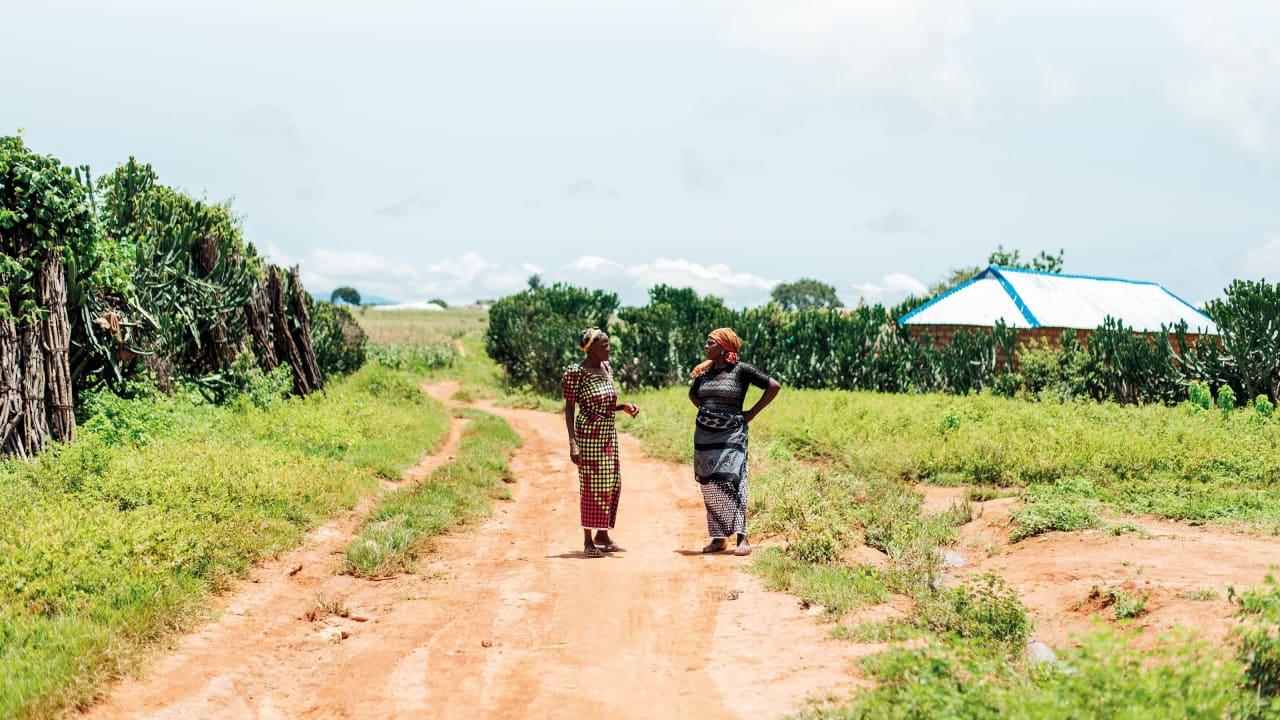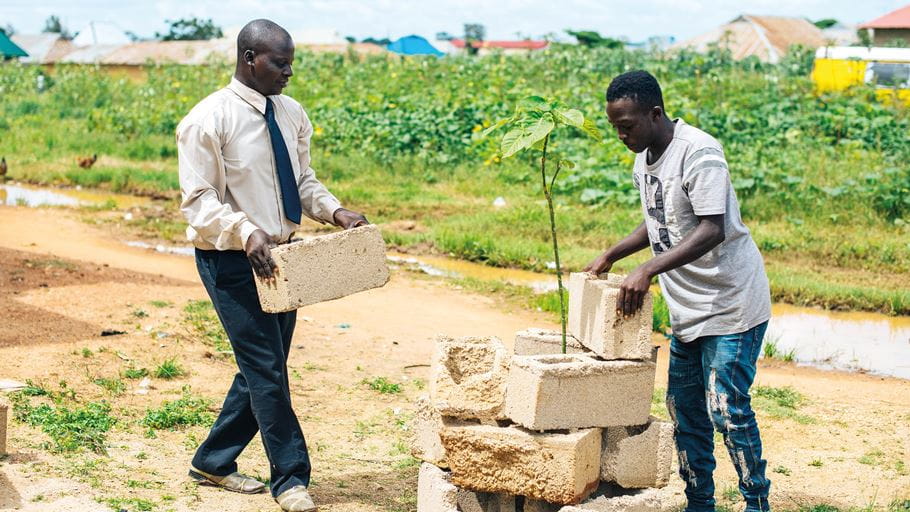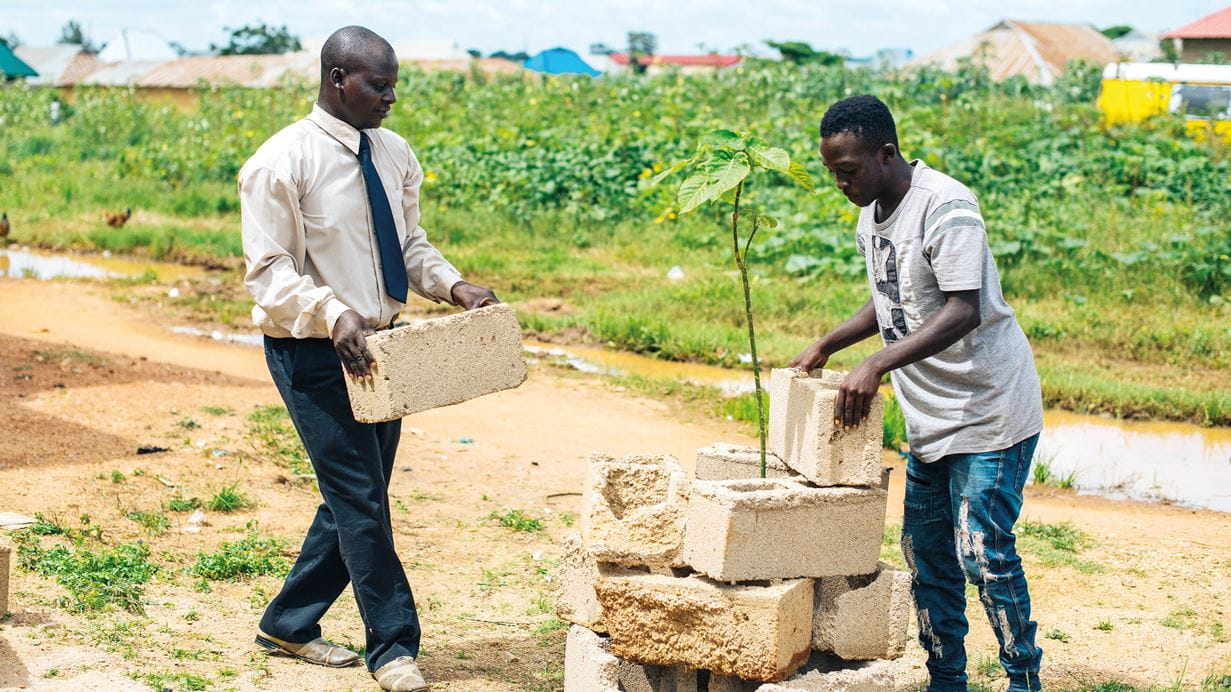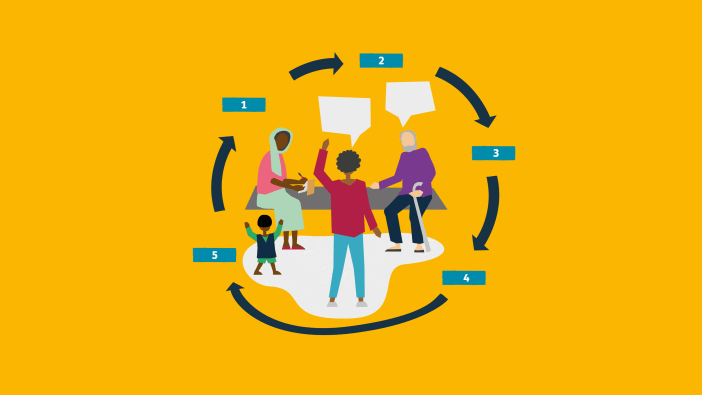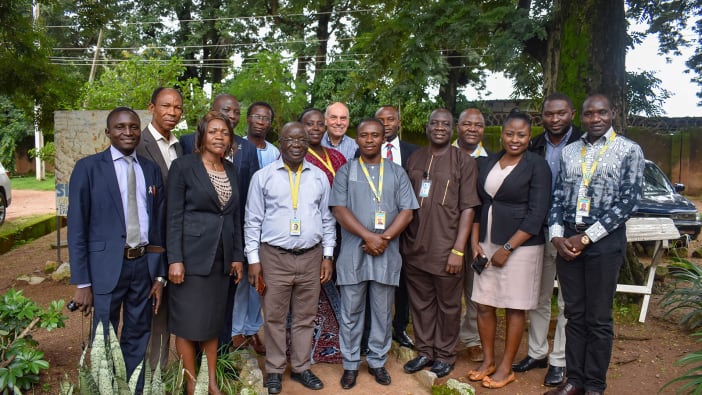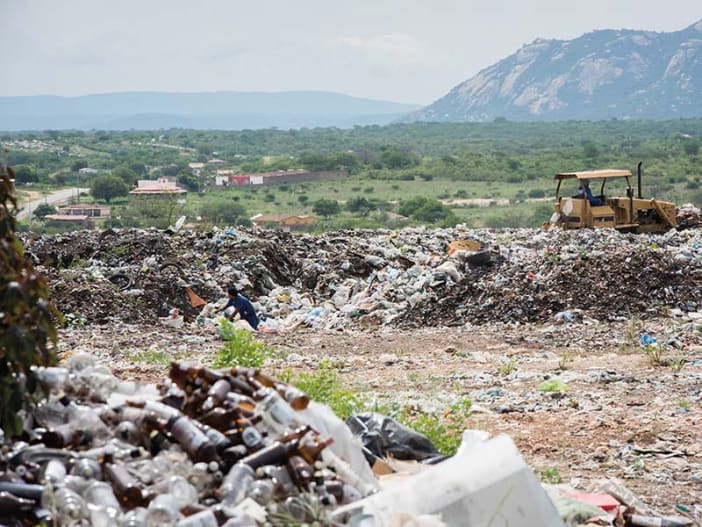Case study: Cartoons and government budgets
One country in Asia used to spend very little of its national budget on education and healthcare, compared to the other countries in the region. It was also ranked one of the worst countries for budget accountability.
It was not a country where people could openly hold the government to account, so one of Tearfund’s local partners decided to take a creative approach to influence change.
The partner invited cartoonists from around the country to sensitively illustrate issues associated with budget transparency and social accountability. They then shared the cartoons in exhibitions and publications.
As the cartoons gained the attention of the media and the public, partner staff were able to meet with the national Minister of Finance to promote the transparent use of resources. This opened the door to the partner hosting 60 government officials for training on social accountability.
Building on the learning from this training, a national social accountability project was developed. This included a public document containing information about government budgets and spending. Tearfund’s partner developed cartoon guides to the budget to make sure everyone, from children to members of parliament, could understand and respond to it.


